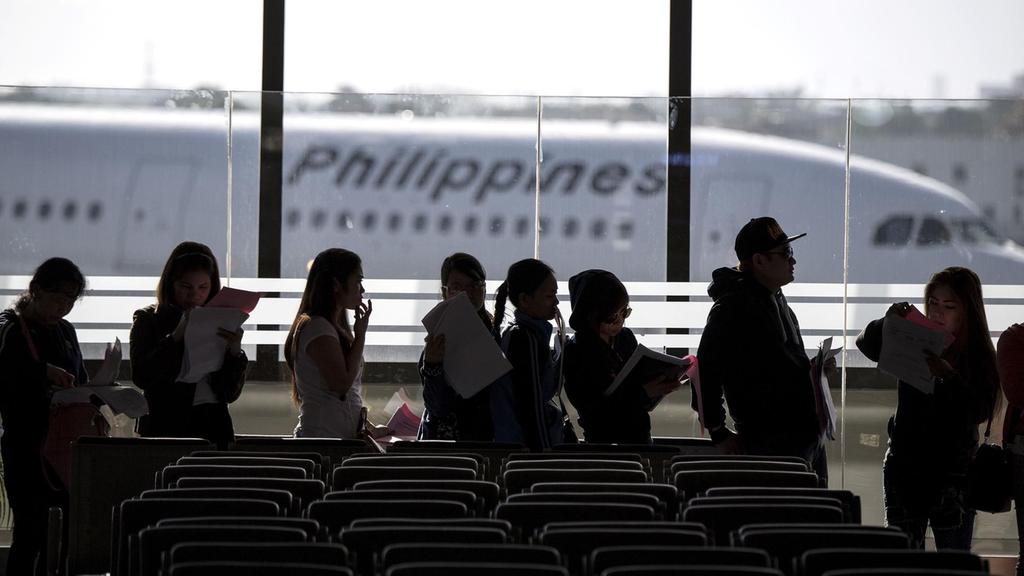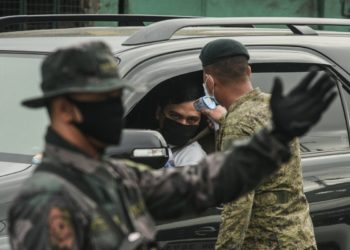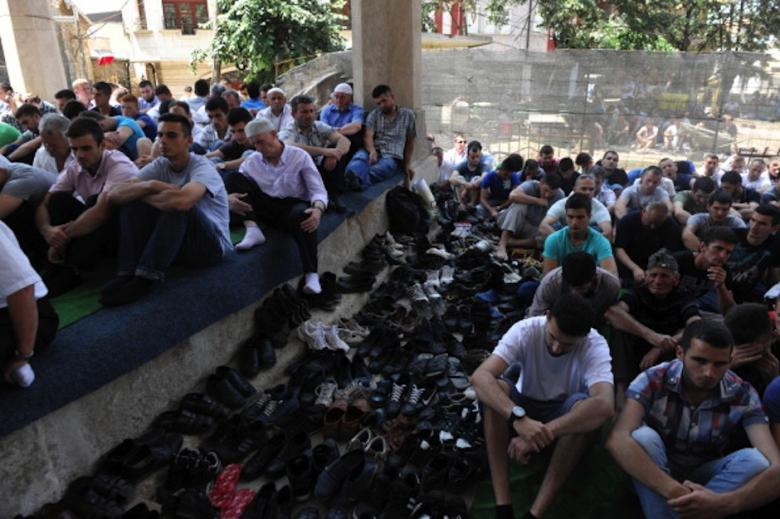Kuwait and the Philippines signed a deal on Friday to regulate domestic workers, after a dispute between the two countries led to a ban on Filipino workers in the Gulf state.
“A short time ago we signed an agreement between the two countries on the employment of domestic workers,” Foreign Minister Sheikh Sabah al-Khaled al-Sabah told a joint press conference with his Filipino counterpart Alan Peter Cayetano.
LOOK: The Philippines & Kuwait sign the Agreement on the Employment of Domestic Workers at the Ministry of Foreign Affairs in Kuwait | via @roymabasa pic.twitter.com/TDTm1ugLEK
— Manila Bulletin News (@manilabulletin) May 11, 2018
In February Philippine President Rodrigo Duterte imposed a partial ban on workers travelling to Kuwait after a Filipina maid was murdered and her body found in a freezer.
The crisis deepened after Kuwaiti authorities in April expelled Manila’s ambassador over video footage of Philippine embassy staff helping workers escape employers accused of mistreatment.
Cayetano said a new ambassador to Kuwait would soon be appointed and that he would advise Duterte to “immediately” lift the ban.
“I think the crisis is over. We will move on with the bilateral relations and we will resume normal ties with Kuwait,” said an official with Cayetano’s delegation. He added that the agreement “gives a number of rights to Philippine workers”.
A copy of the agreement seen by AFP says that workers will be allowed to keep their passports and cellphones — often confiscated by employers. It stipulates that contract renewals should be approved by the Philippine Overseas Labor Office, instead of being automatically renewed.
Employers must provide domestic workers with food, housing, clothing and health insurance, according to the document.
About 262,000 Filipinos work in Kuwait, 60 percent of them in domestic labour, according to Manila. More than two million Filipinos are employed across the Gulf.
Rights groups have repeatedly urged Gulf states to reform their labour laws to cover domestic workers and provide them with “equal protections” available to other workers.























